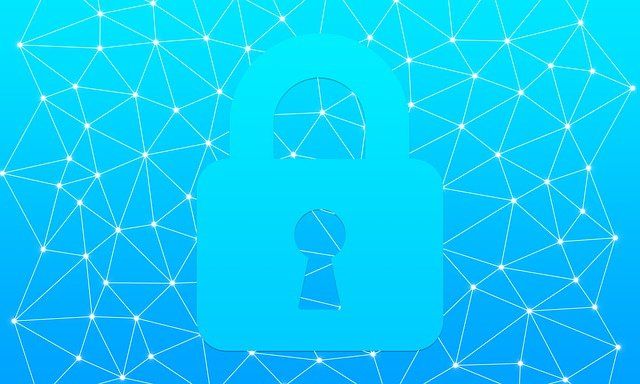Recent Cyber Security Breaches: Honda Motor Company, Joomla and More
As a managed IT service provider it is important to us to make sure to stay in know about the latest cyber security breaches. Every few weeks we like to share our findings with you here on our blog. Please take a peek below to learn more about some of the most recent cyber attacks here and around the world.
Honda Motor Company Inc. (Japan)
Automotive and Equipment Manufacturer
The Hack: Ransomware
Quick Summary: “Honda was recently walloped by a huge cyberattack that briefly shut down production at its factories worldwide. The attackers are suspected of using SNAKE/EKANS ransomware to infiltrate equipment and computer systems connected to operations and production in every Honda facility, leading to delayed post-pandemic reopenings at some factories. Honda is undertaking restoration operations at its factories, sales centers, and business units and has successfully restored most functionality.” -Kevin Lancaster
Read More Here >> Data Breach: Honda investigates suspected Snake ransomware attack
Joomla
Content management system
The Hack: Unsecured database
Quick Summary:
“Developers failed to secure backup files on a cloud storage platform, leaving people’s personal data exposed to the internet. The storage platform doesn’t automatically encrypt data, but enabling these security features is simple, making this incident an unforced error that was easily preventable. While the platform has secured the database, this breach will test users’ loyalty at a time when people are more willing than ever to leave businesses that can’t protect their information.” -Kevin Lancaster
Read More Here >> Content management system Joomla hit by data breach
Earthquake Commission (New Zealand)
Crown Entity
The Hack: Accidental data sharing
Quick Summary: “The Earthquake Commission has come under public scrutiny after the organization accidentally shared peoples’ personal information with a company lawyer and their client. The organization was quick to blame an employee who failed to implement data security stopgaps intended to prevent such an error. The breach has been a PR disaster for the company, which has been slow to notify victims and repair the damage. As a result, the Earthquake Commission is experiencing media scrutiny and intense customer blowback as those angered by the incident speak publicly about their frustration with the company.” -Kevin Lancaster
Read More Here >> EQC apologises again for delay in contacting homeowners over data leak
San Francisco Employees’ Retirement System (SFERS)
Public employee benefits program
The Hack: Unauthorized database access
Quick Summary: “An unauthorized user accessed a critical database managed by the program’s third-party vendor, causing a significant data breach. The breach, which occurred on February 24, 2020, wasn’t discovered until the end of March. An analysis of the incident couldn’t be completed until this month, leaving many people unaware that their information might be compromised. This data breach reveals the cybersecurity risk that accompanies third-party partnerships but also the often-lengthy delay between breach identification and notification.” -Kevin Lancaster
Read More Here >> San Francisco retirement program SFERS suffers data breach
Fitness Depot (Canada)
Fitness Equipment Retailer
The Hack: Ransomware
Quick Summary: “Fitness Depot’s online store was infected with card-skimming malware that stole customers’ personal and financial data at checkout. It took the retailer more than three months to identify the breach, giving cybercriminals ample time to capitalize on the surge of online sales since the COVID-19 pandemic began. The data breach, which began on February 18th, will likely cause online shoppers to think twice before buying from their platform, potentially disrupting a vital lifeline while many in-person shops remain closed.” -Kevin Lancaster
Read More Here >> Data Breach: Canada’s Fitness Depot Blames ISP for Security Incident
Lion Beer Australia (Australia)
Brewing conglomerate
The Hack: Ransomware
Quick Summary:
“At Lion Brewing Australia, operations were disrupted by a ransomware attack as it began to reopen and restaff its 8 breweries in Australia and New Zealand. The attack came just as the company was able to resume operations after a period of closure caused by COVID-19 restrictions. The company has been forced to shut down its key systems entirely, reverting to manual systems to operate and process orders in this devastating incident that has still not been fully resolved.” -Kevin Lancaster
Read More Here >> Australian Brewer Lion Suffers Major Cyber Attack
To learn more about how to keep your company safe and secure, click here to explore our San Diego IT Services & IT Security plans that are offered by SDTEK.
The post Recent Cyber Security Breaches: Honda Motor Company, Joomla and More appeared first on SDTEK | San Diego, CA.



